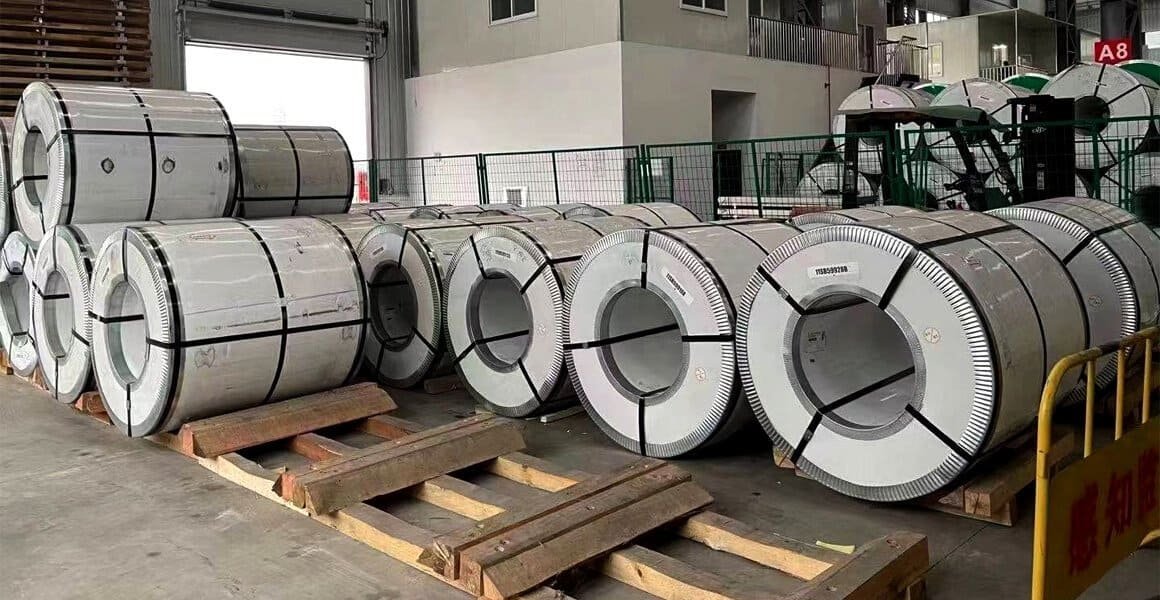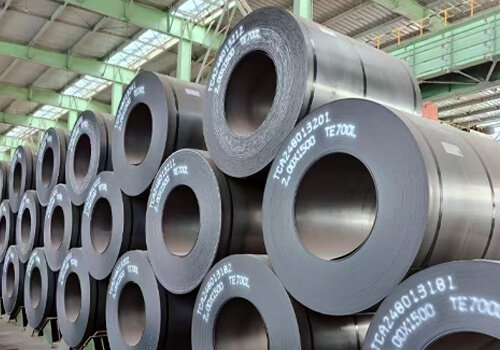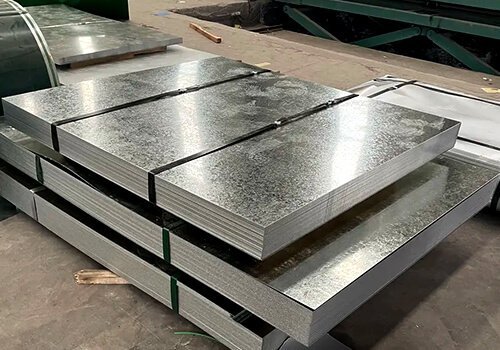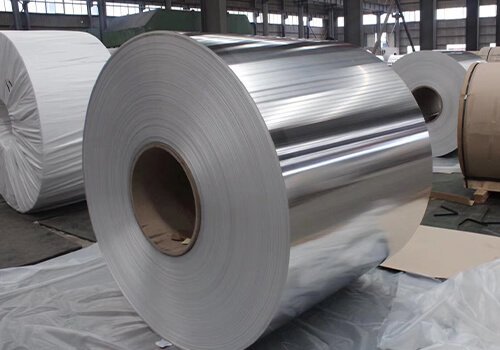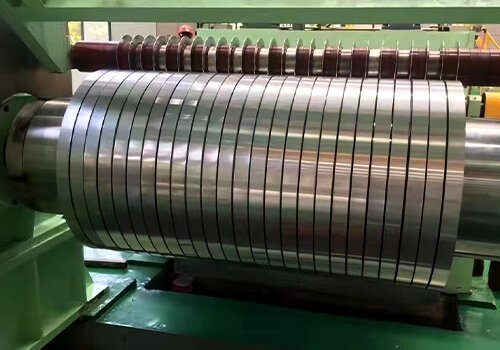Steel prices fluctuate constantly. If you’re overwhelmed by inconsistent quotes, you’re not alone—let’s uncover what really drives the cost of steel coils.
How much does a steel coil cost? Steel coil prices range from $500 ل $1,200 per ton, depending on material type, سماكة, عرض, surface finish, origin, and market conditions. Additional factors like shipping, التعبئة والتغليف, taxes, and order quantity affect your final cost. Always compare the total price and request up-to-date quotes from certified suppliers to avoid unexpected charges.
Let’s break down the pricing logic behind steel coils so you can buy smart and stay competitive.
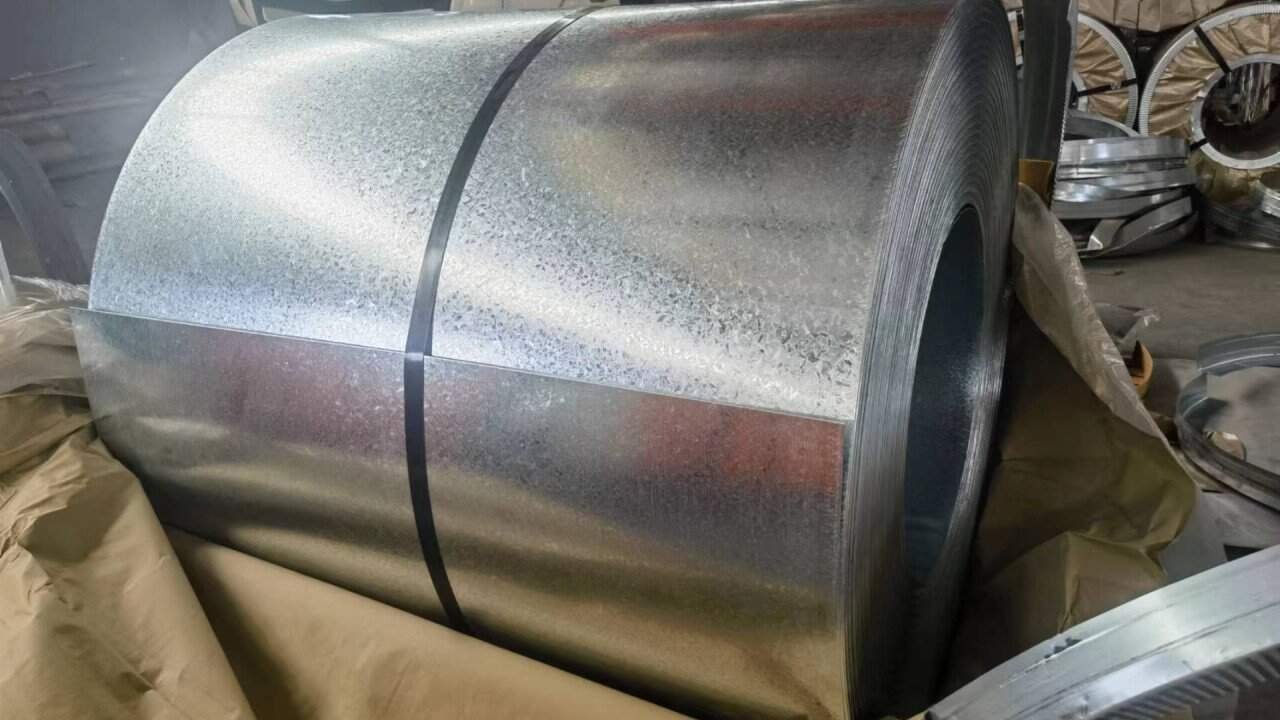
How Many Types of Steel Coils Are There?
Steel coils come in multiple forms, each suited to specific industrial applications. Understanding these categories is key when evaluating the metal coil price.
The main types include:
- Hot-Rolled Coil (HRC): Less precise but more economical, suitable for structural applications.
- Cold-Rolled Coil (CRC): Offers tighter tolerances, smoother surface, and higher precision.
- لفائف مجلفنة (GI): Coated with zinc for corrosion resistance.
- لفائف جالفالوم (GL): Zinc-aluminum alloy coating for enhanced protection.
- Pre-Painted Galvanized Iron (PPGI): Color-coated, used in construction and roofing.
- لفائف الفولاذ المقاوم للصدأ: More expensive, used in corrosive or high-temperature environments.
Each category impacts the steel coil price per ton, as different processes and materials are involved.
For instance, the galvanized steel coil prices are higher than plain carbon steel due to the added zinc coating and anti-corrosion properties.
Why Is Steel Sold in Coils?
Coiling is the most efficient method for handling, storing, and transporting large quantities of sheet metal.
To optimize manufacturing and logistics, steel is continuously rolled and then wound into coils on modern production lines. This saves space and allows for easy downstream processing like slitting, shearing, or stamping.
Steel coil uses span across various industries including construction, السيارات, appliances, التعبئة والتغليف, and machinery. Coils are required for high-speed roll forming machines that produce long, continuous strips.
By coiling the material, manufacturers save time, reduce handling damage, and allow customers to cut it to their desired lengths. This system reduces waste and increases processing flexibility.
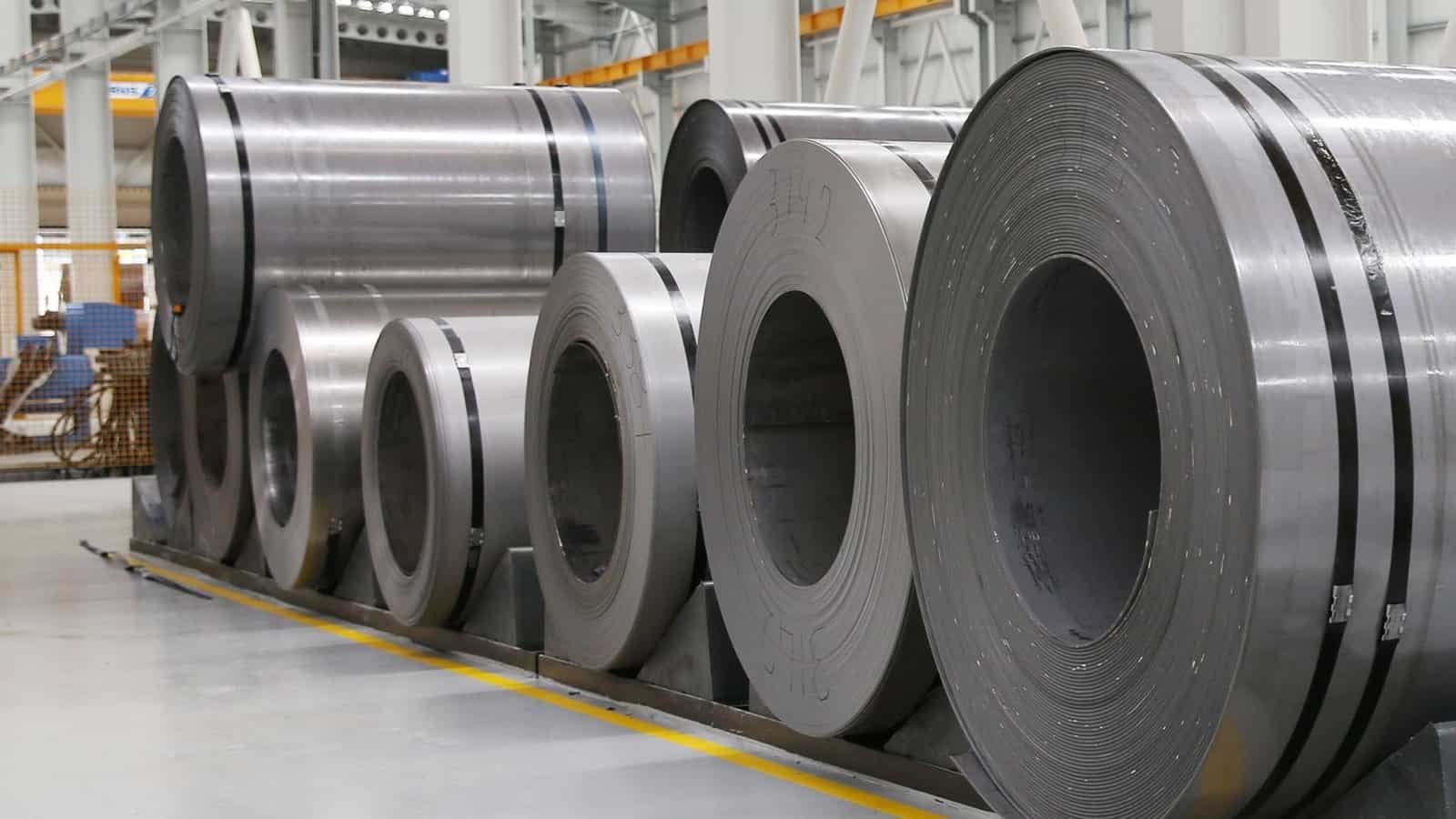
How Many Tons Is a Steel Coil?
A steel coil can weigh anywhere from 5 ل 30 طن, depending on the thickness, عرض, material, and coil length.
Here’s a breakdown:
- Export coils: Typically 5–10 tons, ideal for container shipping.
- Domestic heavy coils: حتى 30 طن.
- Ultra-light coils: As small as 1–2 tons for specific industries.
To estimate the weight accurately, use this formula:
وزن (كجم) = Width (مم) × Thickness (مم) × Length (م) × 7.85 / 1,000
لذا, if you’re calculating the 30 ton steel coil price, you’ll first need to confirm exact dimensions and the steel type involved.
A heavier coil not only contains more material, but it can also reduce cost per ton through improved freight efficiency. Still wondering how much steel coils weigh? Always request a packing list from your supplier that includes both net and gross weights.
How to Calculate the Cost of Steel?
Understanding how to calculate steel cost is essential to budget properly and avoid price traps.
Use this simple equation:
Total cost = Unit price × Tonnage + Freight + Duties + التعبئة والتغليف + Inland delivery
على سبيل المثال:
- Price per ton = $700
- Coil weight = 20 طن
- Ocean freight = $1000
- Import tax = 5%
- Total = (700×20) + 1000 + (700×20×0.05) = $14,000 + $1000 + $700 = $15,700
- If you’re asking how much does a 20 ton steel coil cost, this framework gives you an accurate approach.
Some suppliers also charge for extras such as:
- Export packaging
- اس جي اس/BV inspection
- Bank transfer fees
Always confirm if your quote is FOB, CFR, or CIF, as these determine who handles what cost.

What Factors Influence the Price of a Steel Coil?
The price of coil isn’t fixed. It changes based on:
- Type of steel (carbon vs. stainless)
- Finish (galvanized, oiled, pickled, color coated)
- سمك وعرض
- Production method (hot-rolled or cold-rolled)
- Material grade (Q195, Q235, SS304, إلخ.)
- Origin (الصين, India, Korea, EU)
Steel coil prices are also impacted by:
- Global supply-demand imbalances
- Raw material costs (iron ore, coke, scrap)
- Currency exchange rates
- Fuel and electricity prices
- Trade tariffs or export rebates
To track market trends, regularly check a steel coil price chart, which shows regional and historical pricing trends.
Why Do Prices Differ Between Carbon Steel and Stainless Steel Coils?
Carbon steel and stainless steel differ greatly in both composition and cost.
Carbon steel coils: $500–$750/ton
Stainless steel coils: $1,000–$2,500/ton or more
How much does a stainless steel coil cost? It depends on the grade. SS304 is cheaper than SS316 or duplex grades.
High-value elements such as nickel, chromium, and molybdenum contribute to the increase in cost. These metals increase durability, مقاومة التآكل, and thermal stability, justifying higher steel coil prices.
لذا, whether you’re calculating how much does a new coil cost or just checking between options, remember stainless isn’t just about shine—it’s about performance in demanding environments.
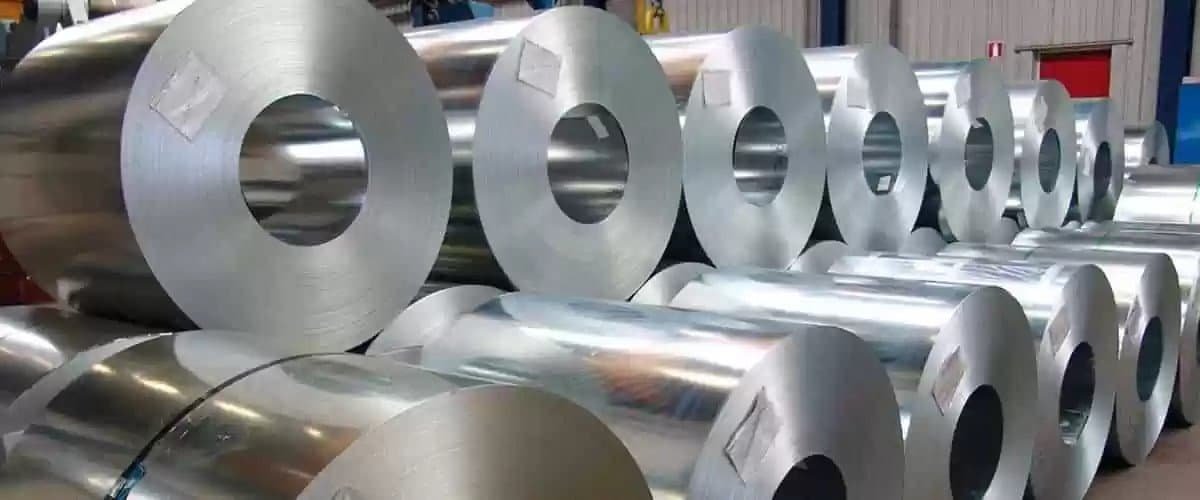
Why Is Steel So Expensive Now?
You might wonder: Why is steel so expensive now?
A combination of macro and micro-economic factors is pushing steel prices upward:
- Global inflation and currency volatility
- Tight supply chains and logistic bottlenecks
- War or geopolitical instability
- Raw material shortages
- Environmental restrictions on steel mills
For instance, في 2024, China cut down on steel production to meet carbon reduction targets. That limited supply globally and raised prices even for galvanized steel coil prices.
So when you ask how much does a steel coil cost, timing matters. What’s $650/ton today could be $780/ton next quarter.
How Does Quantity Affect the Steel Coil Cost?
Volume purchasing always lowers your steel coil price per ton.
Let’s look at a real example from a Chinese mill:
| Quantity | Price per ton |
| 5 طن | $720 |
| 20 طن | $690 |
| 100 طن | $670 |
| 300 طن | $650 |
Larger orders reduce overhead per unit. Logistics also become more efficient, especially with container optimization.
A 30 ton steel coil price might look higher as a lump sum, but your cost per ton drops, improving margins.
Still wondering how much for coil? Ask for tiered pricing quotes to visualize savings across order sizes.

What Other Costs Should Buyers Consider Beyond the Steel Price?
Beyond base pricing, you must factor in:
- Ocean freight(e.g. $30–$150/ton depending on route)
- Customs duties/VAT
- Packing fees
- Insurance
- Third-party inspections
- Domestic delivery to final warehouse
على سبيل المثال, galvanized steel coil prices may look appealing at $780/ton FOB China, but your landed cost might end up around $950/ton CIF Brazil.
Always request a full quotation that answers how much does a steel coil cost all-in, including hidden charges.
Are Steel Prices Stable Throughout the Year?
Not at all. Steel prices fluctuate seasonally and due to global trends.
Key patterns to watch:
- Q1 (Feb–April): Post-holiday restocking in Asia → price surge
- Q3 (July–September): Construction demand peaks → potential hikes
- Q4: Year-end stock clearances may create discounts or sudden shortages
Track market movements using a steel coil price chart from platforms like SteelOrbis or TradingEconomics.
If you buy strategically, you can avoid high seasons and get better deals.
ملخص
Steel coil pricing depends on many variables. Always evaluate specs, quantity, and logistics to calculate total cost and avoid unnecessary risks.

